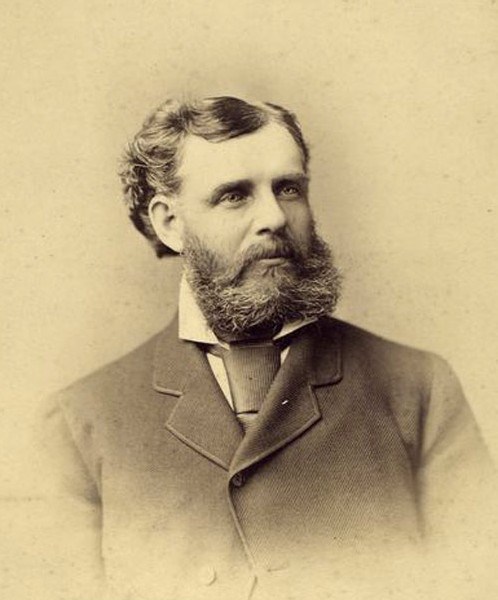6/30/1893 – The New York Giants order for the game in Chicago had William “Shorty” Fuller hitting in the eight spot followed by George Davies. In the second, the Giants manager, Monte Ward, incorrectly told Davies to bat before Fuller. Fuller hit next and was called out for batting out of turn.
6/30/1893 – The New York Giants order for the game in Chicago had William “Shorty” Fuller hitting in the eight spot followed by George Davies. In the second, the Giants manager, Monte Ward, incorrectly told Davies to bat before Fuller. Fuller hit next and was called out for batting out of turn.


